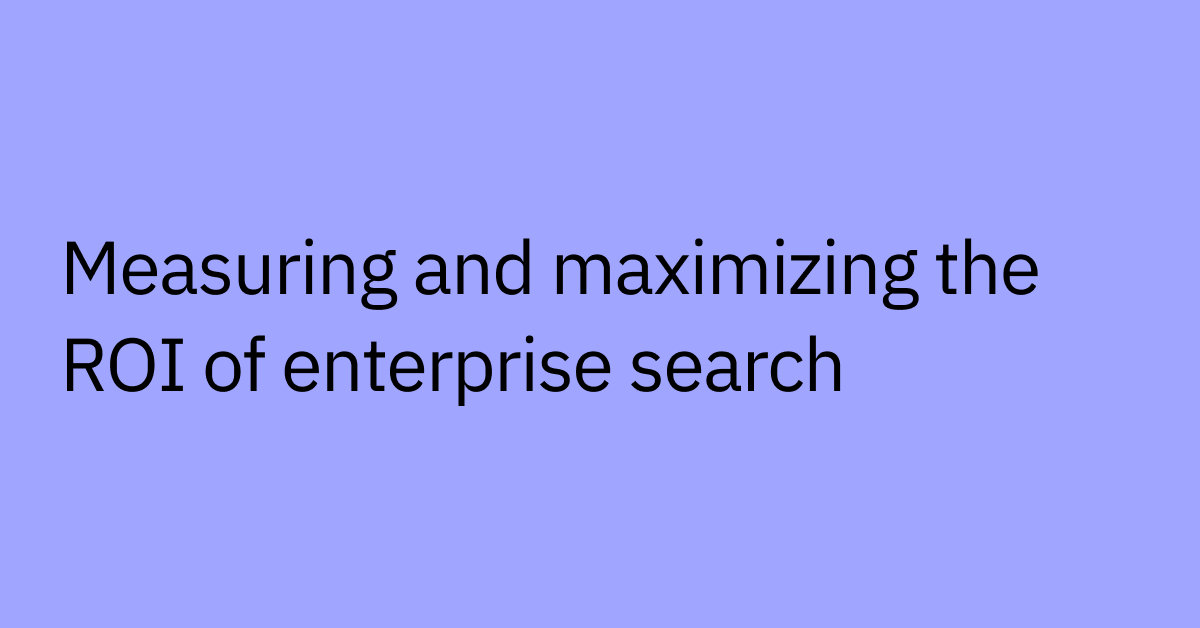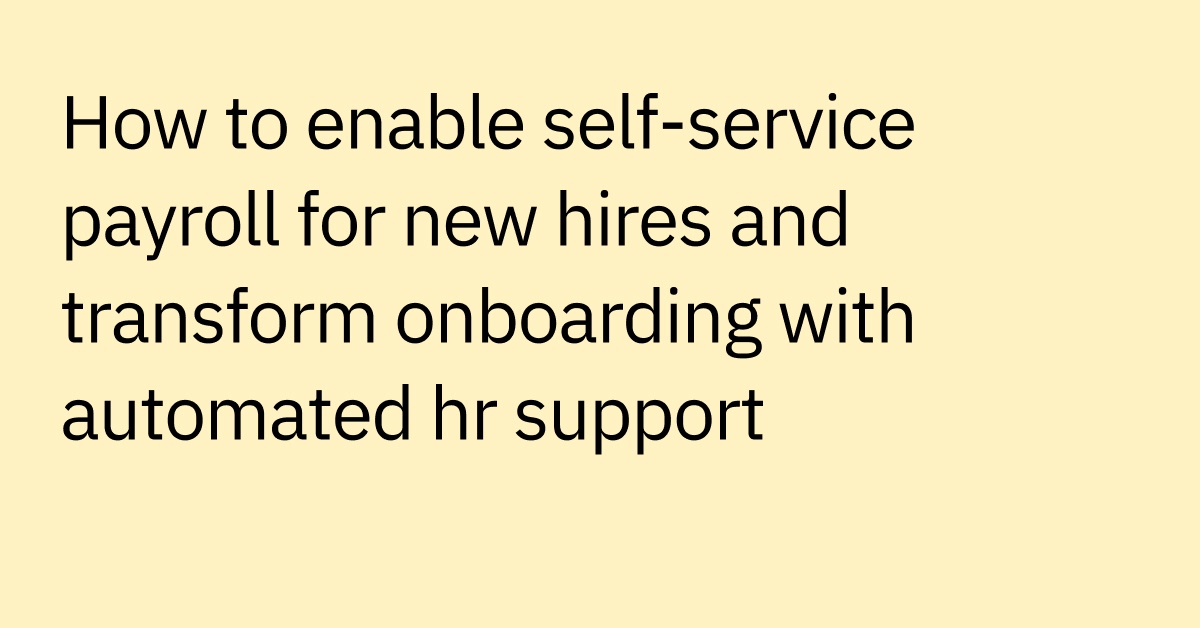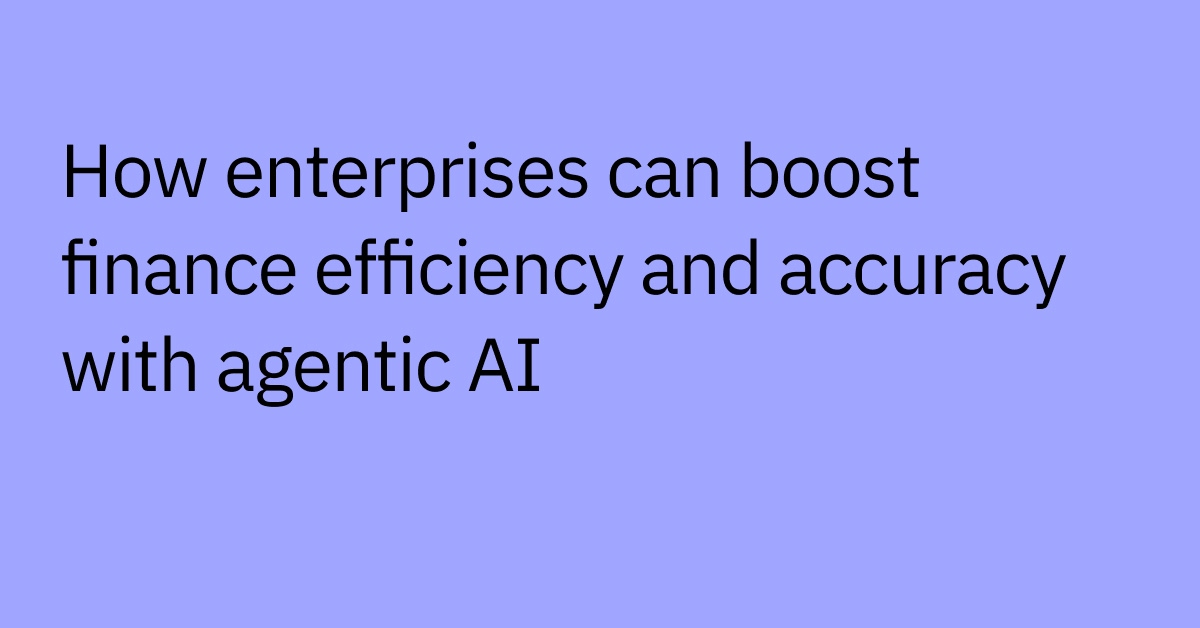Table of contents
You've been there before: The deadline for a critical project looms, but you suddenly can't access the application you need. Your password expired, or there's an issue with your permissions. You file an IT support ticket, only to receive an automated response: "Your ticket has been logged. Current response time: 24–48 hours."
Two days of waiting when you need help now?! That's frustrating for employees and expensive.
And it's not just you feeling the pain. Your support teams are likely drowning in repetitive requests while trying to manage increasingly complex systems.
This is where helpdesk chatbots and artificial intelligence (AI) assistants enter the picture. These tools are transforming how enterprises deliver support to both employees and customers, while freeing up your IT teams to focus on more complex and strategic challenges.
At a glance: The best helpdesk chatbots and AI assistants
Company Name | Best For | Key Features | Ideal Use Case |
Moveworks | Enterprise-wide employee support | Agentic AI, multilingual support, custom AI agents | Enterprises seeking comprehensive self-service automation |
Aisera | IT service desk automation | AI copilot, knowledge management, ticket deflection | Organizations looking to streamline IT support |
Workativ Assistant | Employee self-service | Conversational AI, unified interface, no-code workflows | Companies wanting to improve employee experience |
Zendesk | Personalized employee communication | Omnichannel support, customizable workflows, analytics | Businesses focused on personalized employee support |
Zoho Desk | Customer self-service | Context-aware AI, multichannel support, customer portal | Companies prioritizing customer experience |
Workato | Customer loyalty solutions | Customer-focused automation, intelligent routing, integration ecosystem | Businesses seeking to strengthen customer relationships |
Salesforce Agentforce | Customer issue resolution | AI agents, automated processes, CRM integration | Salesforce users seeking AI-powered resolution |
HubSpot | Omnichannel customer support | Ticketing system, knowledge base, conversation routing | Growing businesses scaling their customer support |
ProProfs Chat | Proactive sales support | Live chat, canned responses, visitor tracking | Companies focused on sales-driven support |
Chatbots vs. AI assistants: Which is best for automating the helpdesk?
Before getting into specific solutions, let's clarify the distinction between chatbots, AI chatbots, and AI assistants so that you can make the best choice for your needs.
Chatbots are rule-based programs designed to simulate conversation with human users. They follow predetermined scripts and can only respond to specific, pre-programmed queries. Think of them as digital flowcharts that can guide users through simple, predictable interactions, but struggle with anything that deviates from their programming.
For example, a basic chatbot might help users reset their passwords by following a strict series of prompts. Still, it would end up stumped if asked about accessing a specific application not included in its programming.
AI chatbots are the next step above traditional chatbots. They typically use artificial intelligence tools like natural language processing (NLP — a branch of AI that helps machines understand and respond to human language) to understand what users mean, even if their questions don’t match pre-set phrases. They’re generally able to figure out intent and give more flexible answers.
An AI chatbot could understand a query like, "I can't get into my email," even if the exact phrase wasn't in its training data, recognizing it as a potential login issue.
The most advanced AI assistants are powered by agentic AI — artificial intelligence that can autonomously make decisions and perform actions to achieve specific goals. Unlike chatbots that provide scripted answers, agentic AI assistants like Moveworks are designed to be able to understand context, interpret complex requests, learn from interactions, and independently execute tasks across multiple systems.
For instance, sticking with the above example, an agentic AI assistant could understand that you're having trouble accessing your email. However, it could also verify your identity, check your permissions, identify the specific issue, and either resolve it directly or escalate it to the appropriate specialist.
This technology allows the assistant to work more like a human, understanding the context of requests, solving complex problems, and handling multi-step tasks across different systems
Tool | Chatbot | AI Chatbot | Agentic Assistant |
Key characteristics | Rule-based conversational tools for handling structured queries | Can understand and respond to user inputs, able to improve and personalize answers | Context-aware assistants, adaptable, autonomous decision-making abilities |
Ideal use cases | Answering FAQs, front-line support | Answering FAQs, more complex support, some personalization | Business process automation, multi-step automations, cross-system operations |
Limitations | Limited adaptablity, lacks contextual understanding, challenged by complex queries | Effectiveness depends on system integration and precise user input | Can require data and integration setup, data governance |
Level of autonomy | Low — responds to predefined inputs and lacks contextual adaptability | Moderate — balances automation with a structured framework for guidance | High — operates with minimal user input, able to make decisions autonomously, adapt in real time |
For enterprises looking to automate more tasks and workflows, AI assistants, especially those with agentic capabilities, may offer significant advantages over traditional chatbots.
They are able to provide more personalized support, handle a wider range of issues without requiring manual intervention, and deliver a more natural and conversational experience for users.
Want to learn more about how agentic AI is transforming enterprise support? Download our white paper!
Solutions for employee support
When your employees face technical issues or need support, every minute spent waiting for resolution impacts productivity and satisfaction.
A helpdesk chatbot or AI assistant can enhance the employee support experience by offering self-service options, automatically resolving common issues, and providing fast and consistent support throughout your organization.
1. Moveworks — Empower employee self-service for enterprise-wide support
Moveworks agentic AI Assistant provides a powerful solution that handles support requests across departments through natural, everyday conversation. Unlike conventional chatbots, Moveworks uses agentic AI to be able to understand intent, take action, and deliver a resolution. For instance, an employee reports a VPN issue. Moveworks AI Assistant interprets the request, identifies potential solutions, and troubleshoots or helps to resolve it.
The platform integrates with existing enterprise systems, like ServiceNow, Jira, and Workday, as well as communication tools that your team already uses, like Microsoft Teams, Slack, and email. This allows Moveworks’ agentic AI Assistant to meet employees where they already work.
Key features include:
- Multilingual support in over 100 languages, making it ideal for global enterprises
- Agent Studio allows IT teams to build custom AI agents with minimal code
- Action-oriented resolution that doesn't just answer questions but can take steps to resolve them
- Enterprise-grade security with SOC 2 Type II certification and robust data protection
Moveworks is an excellent fit for large companies looking to automate tasks across IT, HR, facilities, and other support areas. Its ability to resolve certain issues end-to-end — from password resets and software provisioning to answering policy questions — makes it a standout solution.
In fact, a city with 1,500+ employees saved their IT helpdesk over 3,000 hours annually by implementing Moveworks, while dramatically improving the employee support experience.
Try Moveworks now to see what it can do for your organization.
2. Aisera — Streamline employee support with an AI copilot
Aisera offers an AI-powered solution focused on IT service desk automation. The platform combines conversational AI with automation to help enterprises reduce ticket volumes and improve employee productivity.
Key features include:
- AI-driven knowledge management that automatically organizes support content
- Automated ticket categorization and routing
- Integration with popular IT service management (ITSM) platforms
- Virtual assistant capabilities across multiple channels
Aisera is well-suited for organizations looking to reduce IT support costs while improving response times. Its knowledge management capabilities can also help employees quickly find the information they need.
3. Workativ Assistant — Improve employee support with conversational AI
Usable for both end users and administrators, Workativ Assistant provides a conversational AI platform designed to streamline employee support through natural language interactions.
Key features include:
- No-code workflow builder for creating custom automations
- Unified interface that works across multiple channels
- Pre-built connectors for popular enterprise applications
- Advanced analytics to track usage and effectiveness
Workativ Assistant is good for companies seeking to improve their employee experience through streamlined self-service support. Its no-code approach makes it accessible for teams without specialized AI expertise.
4. Zendesk — Enhance the employee experience with personalized communication
While primarily known for customer support, Zendesk also offers employee service solutions. Its AI-powered platform makes it simple to provide personalized internal support with contextual responses.
Key features include:
- Omnichannel support capabilities across email, chat, and internal portals
- Customizable workflows for different support processes
- Advanced analytics and reporting
- Integration with HR and IT service management tools
Zendesk works well for organizations that prioritize personalized communication in their support strategy, and it’s a good tool for creating consistent experiences across all support channels.
Tools for automated customer support
Beyond supporting employees, businesses also need smart solutions to handle customer interactions. AI-powered tools can make a big difference by delivering quick answers, contextually relevant information, and faster problem-solving — all of which can help improve the customer experience.
5. Zoho Desk — Elevate the customer experience with self-service support
Zoho Desk offers a context-aware helpdesk with AI capabilities that’s designed to enhance customer self-service. The platform can help businesses understand customer needs and provide relevant solutions quickly.
Key features include:
- Zia, an AI assistant that provides context-aware responses
- Multichannel support across email, social media, and live chat
- Customizable customer portal for self-service
- Automated ticket assignment and prioritization
Zoho Desk works well for businesses that want to offer customers solid self-service options while still being able to step in with personalized support when it’s needed.
6. Workato — Strengthen loyalty with a customer-focused solution
Workato brings automation to customer support processes through its integration and workflow platform, helping organizations create simple, automated customer support experiences.
Key features include:
- Cross-platform integration capabilities
- Intelligent routing based on customer data
- Bot-driven process automation
- Low-code/no-code interface for creating support workflows
Workato is a solid choice for organizations looking to connect multiple systems and deliver improved customer support experiences.
7. Salesforce Agentforce — Resolve customer support issues instantly with AI agents
Salesforce Agentforce is the company's newest AI-powered solution for customer support. Building on Salesforce's CRM expertise, Agentforce uses AI agents to automate customer interactions and support processes.
Key features include:
- AI agents that can understand and respond to customer inquiries
- Automated processes for common support scenarios
- Tight integration with Salesforce CRM data
- Personalization based on customer history and context
Agentforce works best for organizations that are already invested in the Salesforce ecosystem and want to leverage AI to enhance their customer support operations.
8. HubSpot — Scale customer support with omnichannel solutions
HubSpot's Service Hub provides AI-enhanced tools for managing customer support at scale. The platform emphasizes creating consistent experiences across multiple channels while maintaining efficiency.
Key features include:
- Integrated ticketing system
- Knowledge base creation and management
- Conversation routing and automation
- Customer feedback collection and analysis
HubSpot is a good choice for growing businesses that need to scale their customer support operations By connecting with HubSpot's marketing and sales tools, organizations can start creating a better customer experience.
9. ProProfs Chat — Streamline the sales process with proactive support
ProProfs Chat offers a straightforward live chat solution with AI enhancements designed to support sales processes. It focuses on engaging visitors proactively and moving them through the sales funnel.
Key features include:
- Proactive chat triggers based on visitor behavior
- Pre-written responses for common questions
- Visitor tracking and analytics
- Integration with CRM systems
ProProfs Chat is made for organizations that want to use chat primarily as a sales tool, engaging prospects early in their journey and providing immediate support during the decision-making process.
How to compare helpdesk solutions
With so many options available, picking the right helpdesk solution requires careful consideration of several factors:
- AI capabilities and natural language processing: Look for solutions with advanced NLP and natural language understanding (NLU). that can interpret and use regular conversational language. The best systems can comprehend intent, handle follow-up questions, and maintain context throughout interactions.
- Integration capabilities: Your helpdesk solution should easily connect with your existing tech stack. Evaluate each option's pre-built connectors and API capabilities to ensure compatibility with the systems that will be using it.
- Security and compliance: Enterprise support often involves sensitive data, so focus on solutions that offer strong security features, like encryption, access controls, and industry-relevant compliance certifications.
- Scalability: As your organization grows, your support needs will evolve too. Choose a solution that can scale both in terms of volume (handling more requests) and functionality (addressing new use cases).
- Implementation and maintenance: Consider the resources required to implement and maintain each solution. Some platforms offer out-of-the-box functionality, while others may require a lot more customization.
- Analytics and reporting: Look for solutions that provide actionable insights into support operations. The ability to track metrics like resolution rates, satisfaction scores, and common issues can help you continuously improve your support processes.
- User experience: Ultimately, the success of any helpdesk solution depends on adoption. Evaluate the user experience from both the employee's and customer's perspectives, as well as the administrator's perspective. Be sure to take advantage of any demo or trial offerings to truly get a feel for the interface and features, as well as how they will be used in your environment.
Supercharge the enterprise helpdesk with Moveworks AI Assistant
It's important to reiterate that not all helpdesk automation solutions are created equal. While traditional chatbots can handle basic questions and deliver canned responses, truly transformative support requires the advanced capabilities of an AI assistant. And more specifically, a system with agentic AI capabilities.
Moveworks’ AI Assistant is a top solution, delivering comprehensive, action-oriented support across the enterprise.
- Revolutionize the support process with an AI Assistant that resolves employee issues, finds answers, files tickets, and tracks updates.
- Refocus your IT teams from L1 provisioning requests. With Moveworks your employees can get secure, automated access in minutes.
The Moveworks platform self-service capabilities empowers employees to get the support they need on demand, helping to reduce response times, boost productivity, and raise satisfaction across your organization.
Request a Moveworks demo today and discover the power of AI-driven enterprise support!



